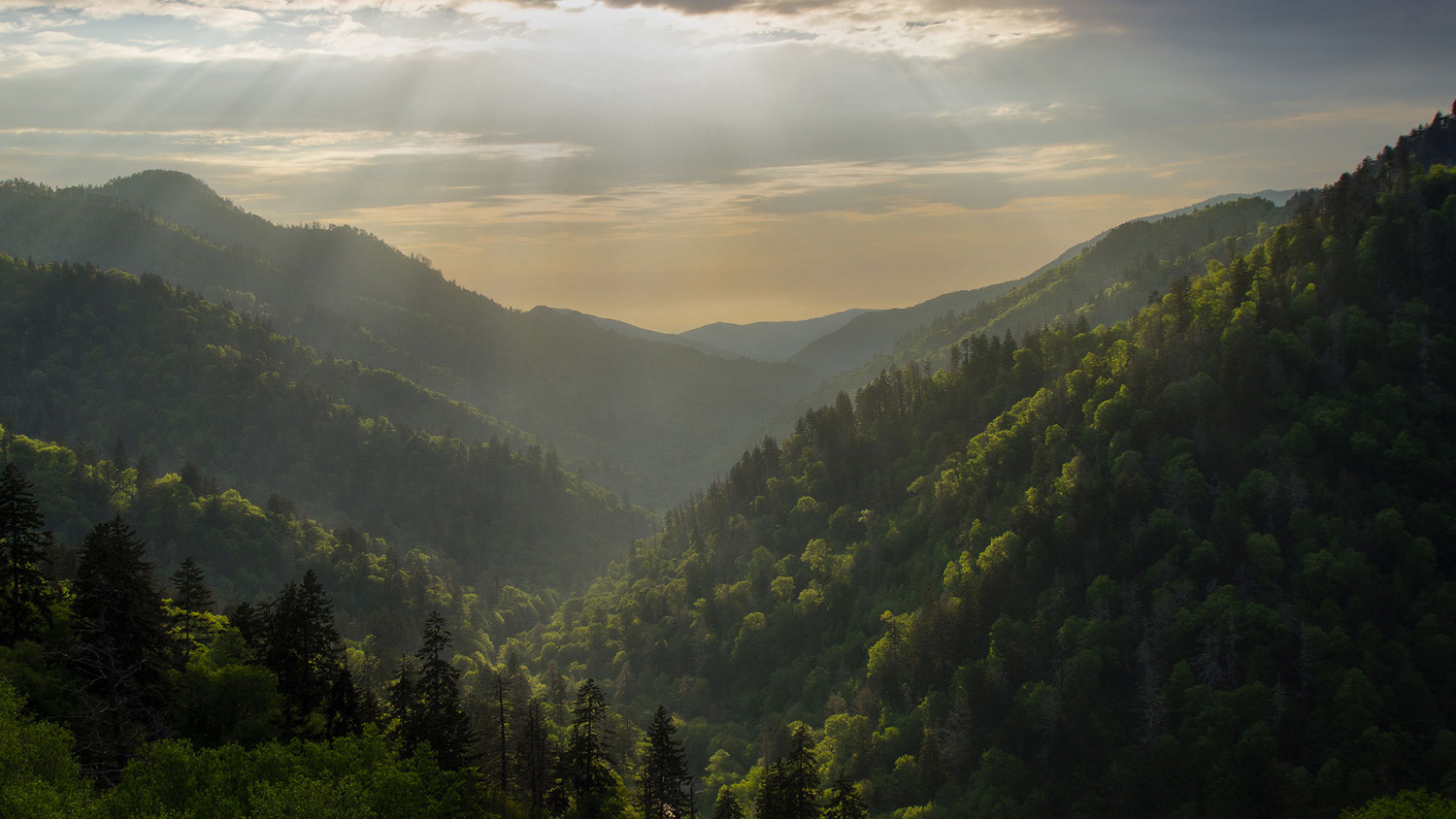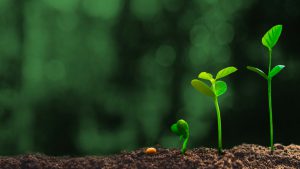We know that our customers want to know what we’re doing to help increase our sustainability. As part of our mandate to provide eco-friendly web hosting, here is our sustainability report for December 2020, including an end-of-the-year tally.
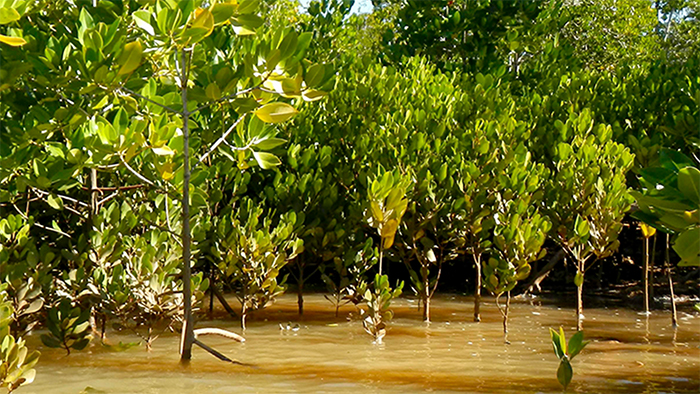
Over 2,000 mangroves planted in Madagascar
For our hosting packages and servers, we purchase trees through Tree-Nation. This month, we purchased 1,500 Rhizophora mucronata and 500 Ceriops tagal for the Eden Reforestation Project in Madagascar. Also, as Ecologi members, we plant trees to offset our employees’ carbon footprint, and this month, Ecologi planted 36 Avicennia marina and 27 Bruguiera gymnorrhiza in their Marotaola project in Madagascar.
Mangroves are absolutely fantastic for coastal areas and estuaries, helping to not only preserve coastline but also provide protection for wildlife in the area, especially fish nurseries. Through both of these mangrove plantations, we’re helping rebuild the Madagascan coastline.
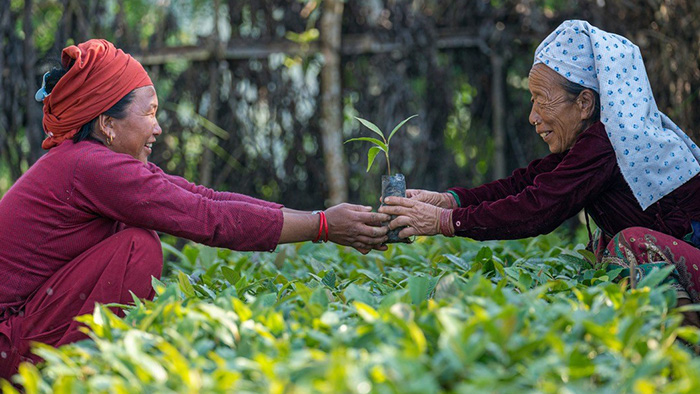
1,000 trees planted in Nepal
We also supported the Eden Reforestation Project’s Nepal project, which gives us a fantastic place to plant even more trees. We planted 500 Cinnamomum tamala, better known as the Indian bay leaf tree. Used in cooking medicine, woodworking, and producing essential oils, the Indian bay leaf tree is a relative of both true cinnamon (Cinnamomum verum) and cassia (Cinnamomum cassia) trees. We also planted 500 Choerospondias axillaris, better known as the Lapsi tree. Native to Nepal, the Lapsi tree produces the Lapsi fruit, which is popular for making pickles, fruit tarts, and candy.
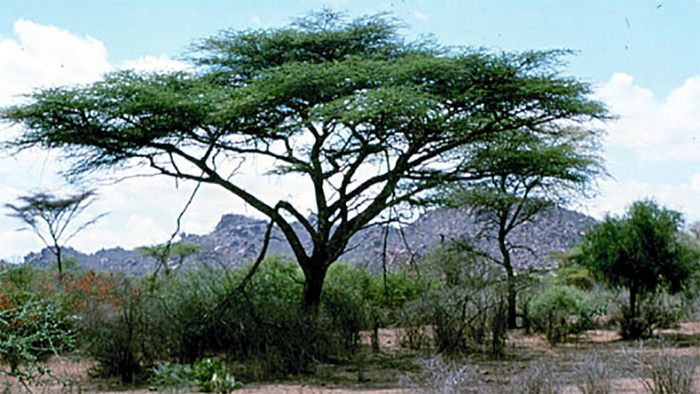
Over 270 Albizia gummifera trees planted in Tanzania
For the Usambara Biodiversity Conservation Project in Tanzania, we purchased 273 Albizia gummifera, also known as peacock flowers. These are large trees, with a wide flat top that is ideal for shade. It’s great for planting between more sun-sensitive plants, as well as putting nitrogen back into the ground.
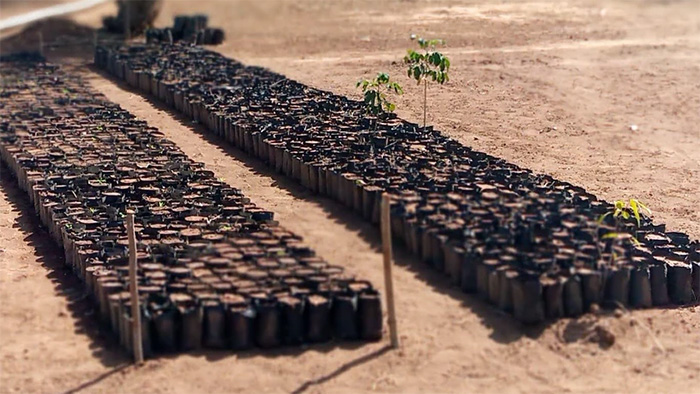
Over 50 trees planted in Mozambique
This month, as part of the 120 trees Ecologi planted for us to offset our footprint, we were given 21 Strychnos spinosa, 12 Acacia nilotica, 9 Adansonia digitata, and 12 Trichilia emetica to plant in their project in Changalane, Mozambique.
Strychos spinosa is the spiny orange tree, producing fruit and leaves that are popular with many African animals. Acacia nilotica is the gum arabic tree, producing the gum arabic that is used in everything from paints to cocktail syrup. Adansonia digitata is the African baobab tree, known for its delicious fruit, providing shade, and becoming gigantic trees with massive circumferences. And Trichilia emetica is a lovely decorative flowering evergreen also known as the Natal mahogany.
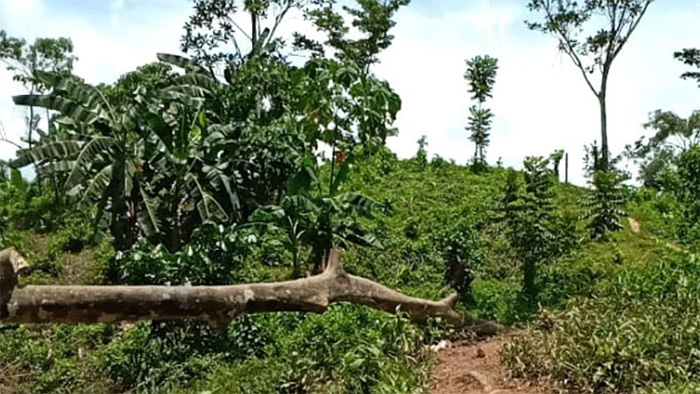
3 Acacia trees planted in Nicaragua
Ecologi is also helping the Bosawas Biosphere Reserve reforest over 1,300 acres of land. We’ve added three more acacias to this collection, giving even more trees to the area and helping the local community protect against illegal loggers.
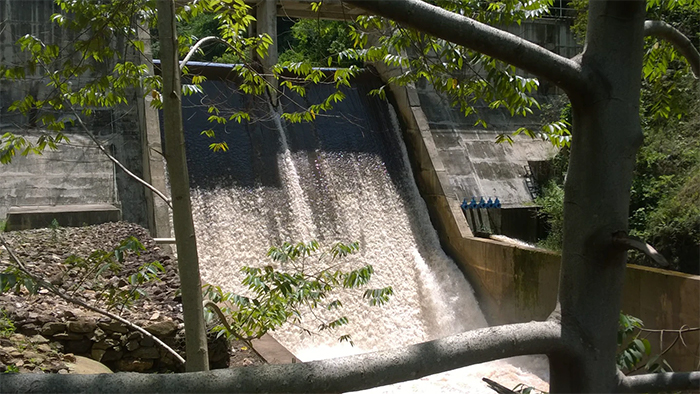
Funding hydropower in Uganda
Ecologi also sponsors Gold standard projects for us, and this month they helped to fund the Ishasha Small Hydropower Project in the Kanugu district of western Uganda. A rural area that has gone without steady power, this hydropower plant on the banks of the Ishasha river will provide 29.404 GWh annually to the Ugandan power grid, helping the Kanugu district ensure a clean power source for years to come.
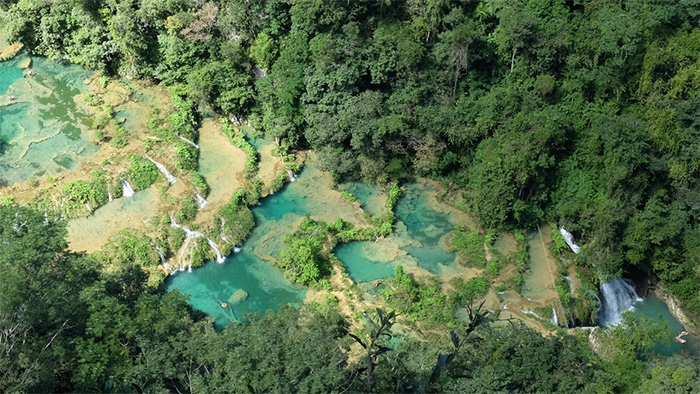
Preserving the Mesoamerican Biological Corridor in Guatemala
Ecologi also sponsored a REDD+ project that is working to protect over 54,000 hectares of land in the Department of Izabel in Guatemala. Working closely with the local communities, this project protects this diverse and important area from deforestation, especially due to farming. The Mesoamerican Biological Corridor spans from Mexico to Panama and is an important land bridge connecting North and South America for wildlife migration. With 7 to 10% of the world’s known animal species residing in this area, it’s important that as much land as possible is protected.
Our impact for the year
Over 2020, we have reduced our carbon footprint by nearly 1700 tonnes, the equivalent of nearly 5km squared of sea ice saved or over 14,100 barrels of oil not being used. We have also planted over 25,000 trees and sponsored 17 Gold standard projects.
We look forward to doing even more in 2021, and we’ll keep you up to date with how we’re doing each month through our blog.
